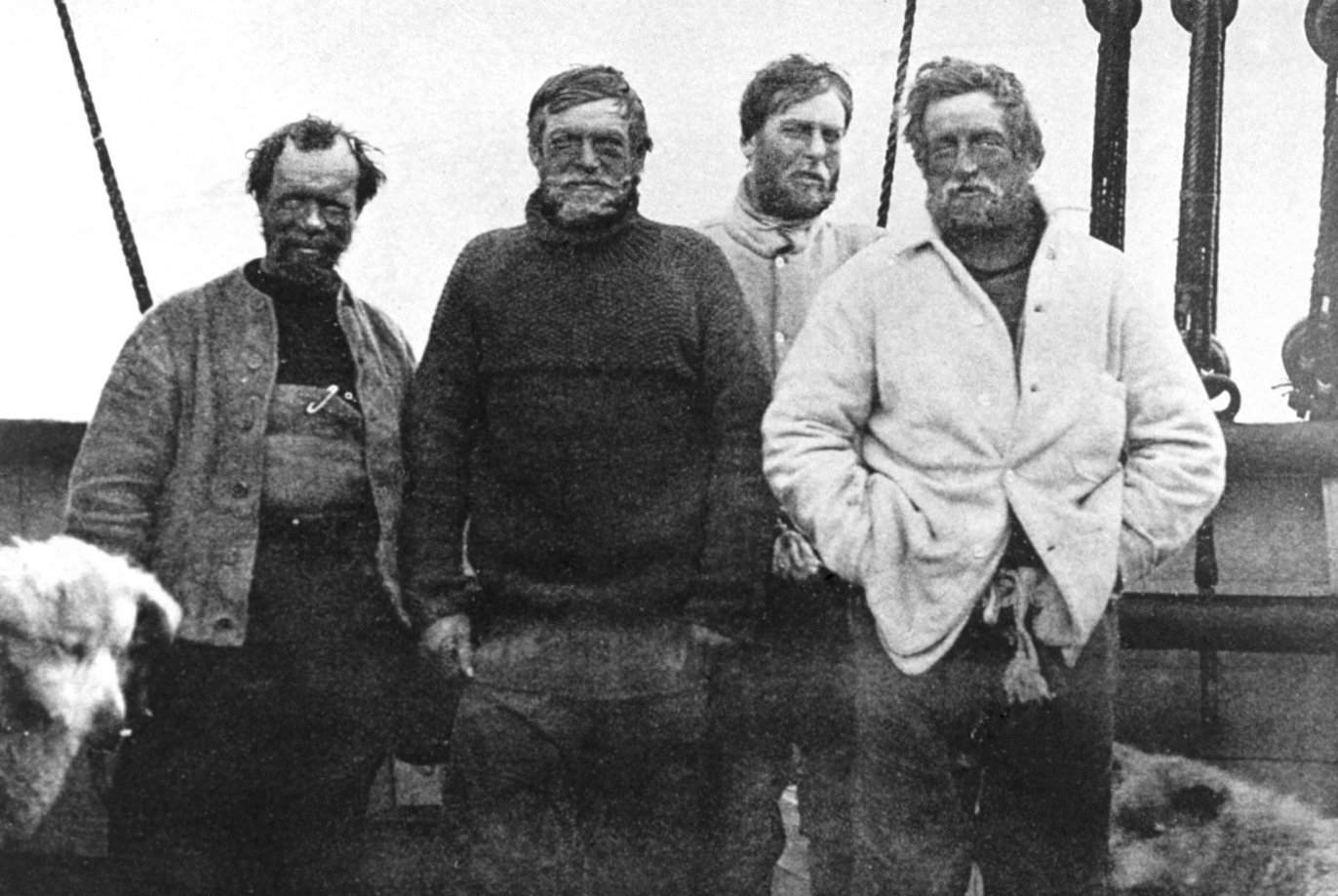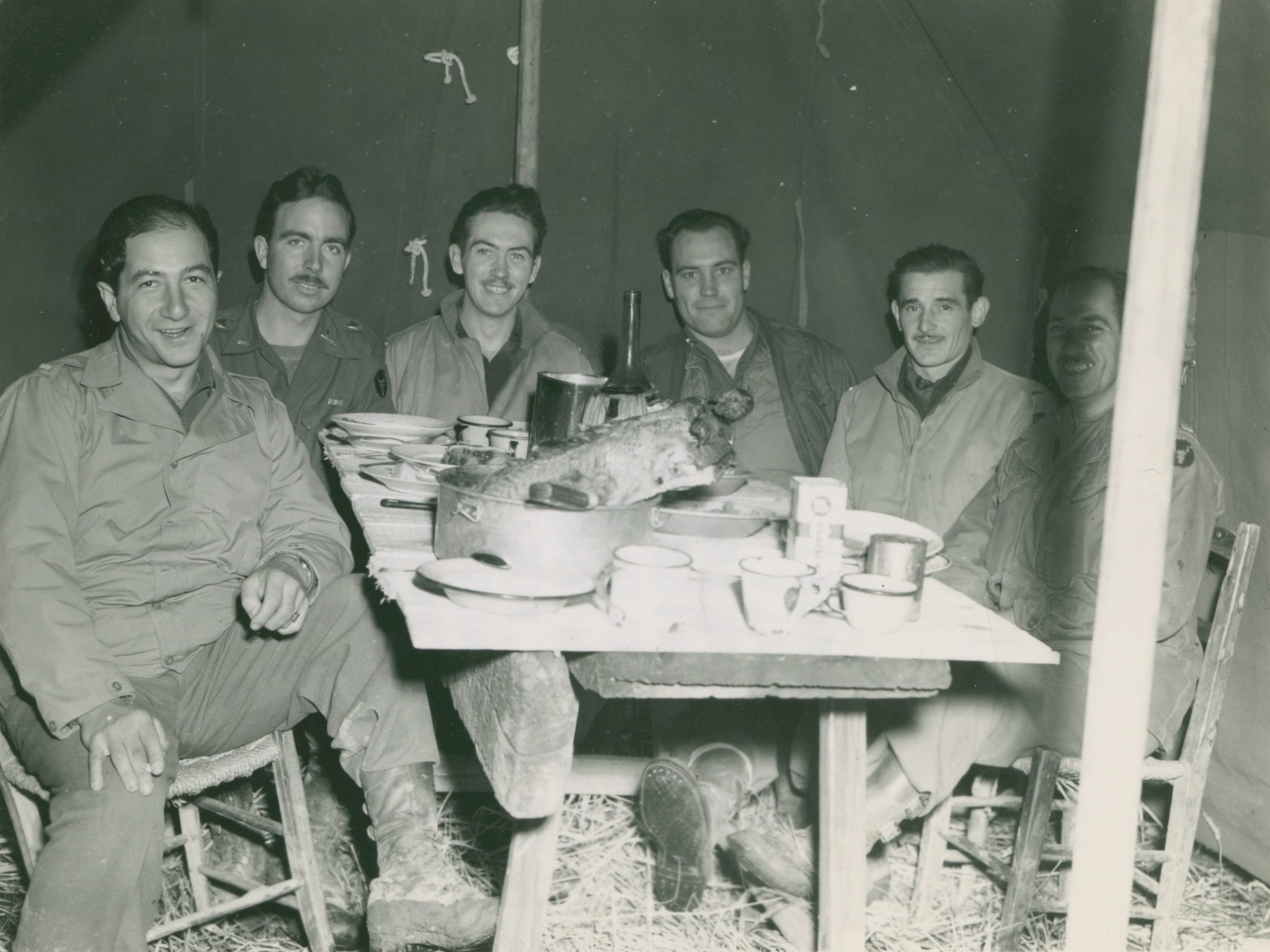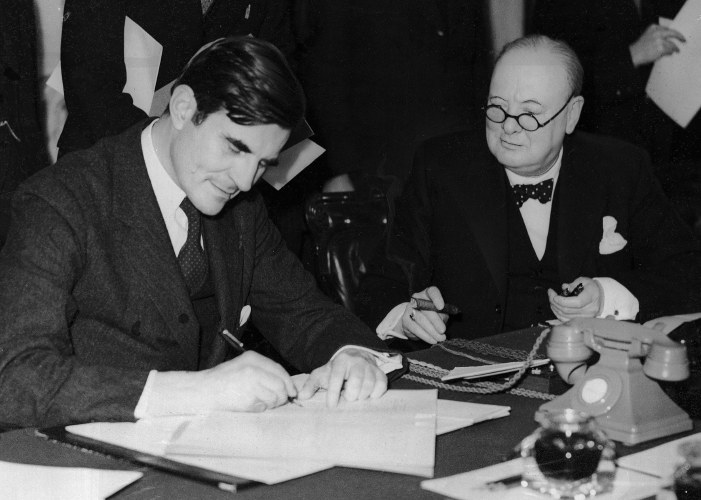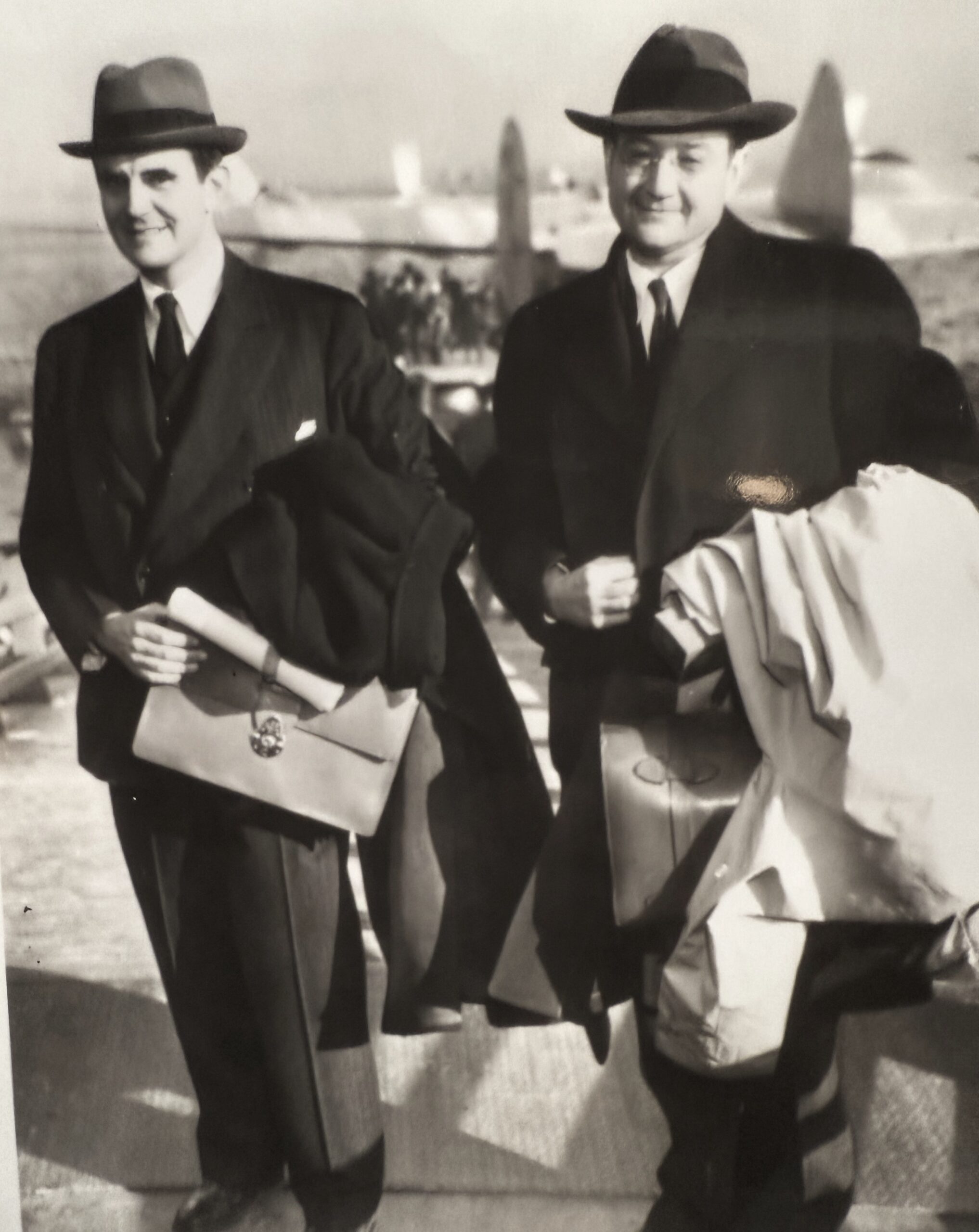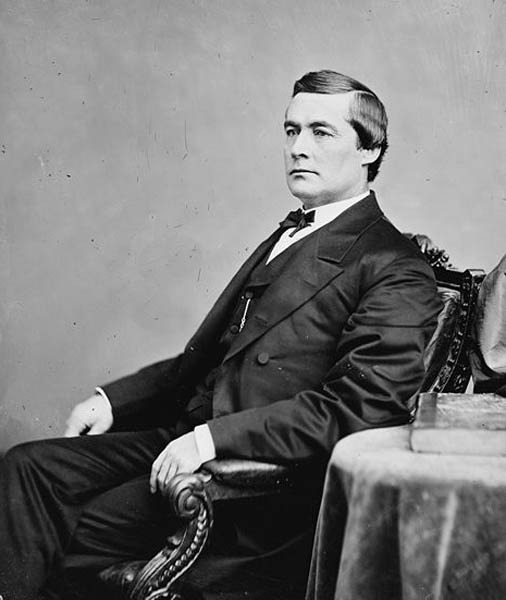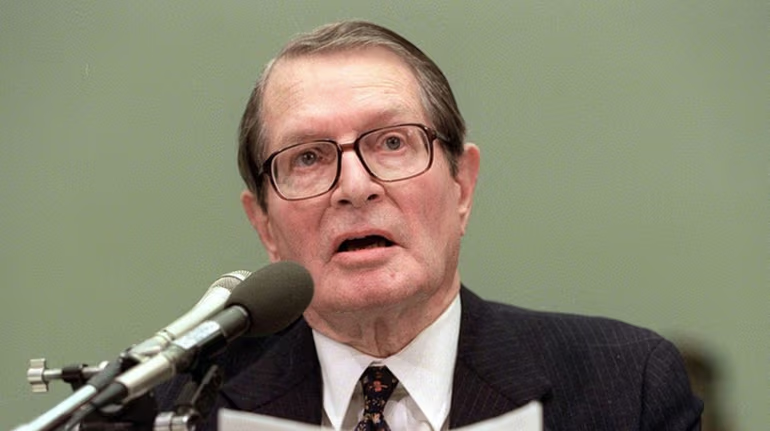President Obama formally nominated former Justice official James Comey to succeed Robert Mueller as the next director of the F.B.I.
However, it was in 2004 that Comey nearly resigned his position as acting attorney general under George W. Bush.

In March 2004, a gravely ill Attorney General John Ashcroft had been taken to a Washington hospital for gallbladder surgery. At the same time, provisions in the NSA’s domestic surveillance program were in need of Ashcroft’s signature. However, many in Justice had serious concerns about the program’s legality and oversight.
With Ashcroft in the hospital, Comey was acting attorney general and, in spite of pressure from President Bush’s top aides, Comey balked at signing off on the program.
What followed next can only be likened to a strange TV drama. In order to get the papers signed, President Bush’s aides, Andrew Card and Alberto Gonzales went to Ashcroft’s intensive care hospital room in an effort to get his signature because “they needed him for certification,” an official said.
According to a 2006 report in The New York Times, “Accounts differed as to exactly what was said at the hospital meeting between Mr. Ashcroft and the White House advisers. But some officials said that Mr. Ashcroft, like his deputy [Comey], appeared reluctant to give Mr. Card and Mr. Gonzales his authorization to continue with aspects of the program in light of concerns among some senior government officials about whether the proper oversight was in place at the security agency and whether the president had the legal and constitutional authority to conduct such an operation.
“It is unclear whether the White House ultimately persuaded Mr. Ashcroft to give his approval to the program after the meeting or moved ahead without it.”
What’s particularly interesting is that in light of the recent disclosures by Edward Snowden regarding the NSA’s current surveillance program, in 2004 Pennsylvania Republican Senator Arlen Specter “voiced deep concerns about the program and Mr. Bush’s legal authority to bypass the courts to order domestic wiretaps without warrants.
“What is known is that in early 2004, about the time of the hospital visit, the White House suspended parts of the program for several months and moved ahead with more stringent requirements on the security agency on how the program was used, in part to guard against abuses.
“The concerns within the Justice Department appear to have led, at least in part, to the decision to suspend and revamp the program, officials said. The Justice Department then oversaw a secret audit of the surveillance program.”
According to a heavily footnoted entry in the online source,Wikipedia, “Comey confirmed these events took place (but declined to confirm the specific program) in testimony to the Senate Judiciary Committee on 16 May 2007. FBI Director Robert S. Mueller III, like Comey, also supported Ashcroft’s decision; both men were prepared to resign if the White House ignored the Department of Justice’s legal conclusions on the wiretapping issue. FBI director Mueller’s notes on the March 10, 2004 incident, which were released to a House Judiciary committee, confirms that he ‘Saw [the] AG, John Ashcroft in the room. AG is feeble, barely articulate, clearly stressed.’
“Comey withdrew his threat to resign after meeting directly with President Bush, who gave his support to making changes in the surveillance program.”
Comey left his position at Justice in 2005 for the private sector. However, in May 2007, he was asked to testify before both House and Senate subcommittees regarding the dismissal of several U.S. Attorneys by then Attorney General Alberto Gonzales. At both hearings, Comey stressed the need for the Justice Department to be non-partisan in order to be effective.
“The Department of Justice,” Comey stated, “is run by political appointees of the President. The U.S. attorneys are political appointees of the President. But once they take those jobs and run this institution, it’s very important in my view for that institution to be another in American life, that — because my people had to stand up before juries of all stripes, talk to sheriffs of all stripes, judges of all stripes. They had to be seen as the good guys, and not as either this administration or that administration.”
In his 1955 book, Profiles in Courage, then Senator John Kennedy wrote, “Perhaps if the American people more fully comprehended the terrible pressures which discourage acts of political courage, which drive a Senator to abandon or subdue his conscience, then they might be less critical of those who take the easier road – and more appreciative of those still able to follow the path of courage…
“A man does what he must—in spite of personal consequences, in spite of obstacles and danger, and pressures—and that is the basis of all human morality.”
Comments
